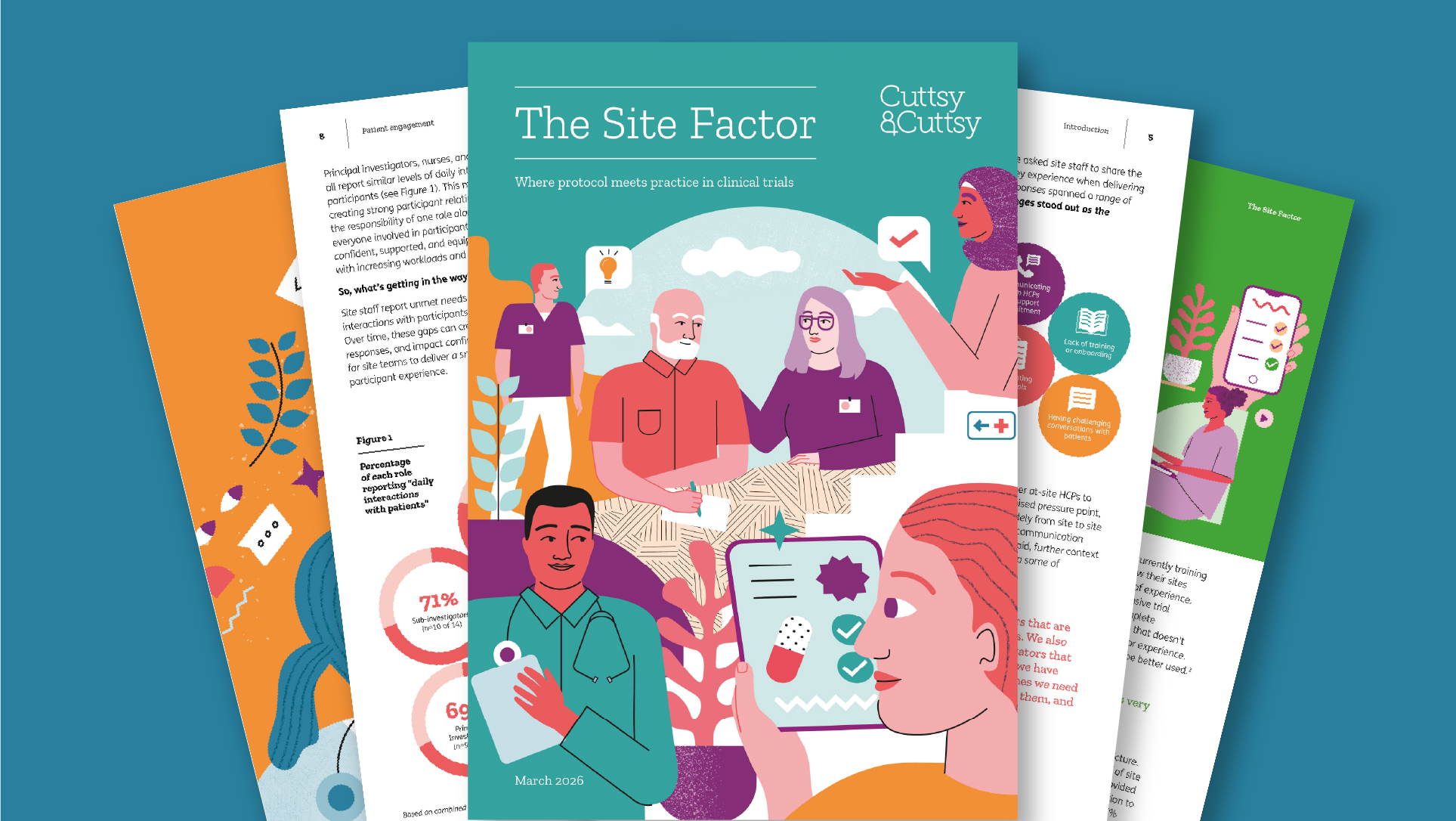Caring for patients’ mental health in clinical trials

Mental health awareness week, just like a lot of other awareness weeks and days, is invaluable in bringing attention to important causes. But we also need to remember that those important causes don’t just subside for the other 51 weeks or 364 days of the year.
Which is exactly why we’re talking about mental health in clinical trials now, a few weeks after mental health awareness week. Because this affects patients all year round. For example, almost 1 in 6 cancer patients experience moderate to severe symptoms of anxiety and over 1 in 10 cancer patients experience moderate to severe depression.1 And in one study, it was found that the depression rate increases further to almost 3 in 5 patients when they experience serious adverse events as a byproduct of their treatment.2
Add onto that the demands of a clinical trial, and it can quickly become too much for some patients to deal with. Chronically unwell patients can find constant clinical interferences and interventions exhausting, and patients can easily become physically and mentally exhausted by travelling to and from their appointments.3
Which can quickly become one of the main reasons for people dropping out of clinical trials. A further study also reported that those who report poorer baseline mental health are also less likely to attend assessments and engage with resources, which can also have a lasting impact on trial engagement and recruitment.4 The truth is, there are probably a number of factors playing out, and of course they’re all interlinked.
Mentally exhausted from travelling = decide to not travel = don’t attend assessments.
It’s certainly not cut and dried though. As is often the case.
And whilst we started this article by talking about how awareness of mental health conditions has certainly increased over the last few years, clinical investigation into related conditions remains fraught with challenges, and it is still common practice to exclude patients with known mental health conditions in clinical trials. We know that those with depression tend to be less adherent to treatment, which can have an effect on treatment response. But there is also a need to be fully inclusive.
So, what can we do to support patients’ mental health during trial participation? Prioritising open and regular dialogue with participants, with particular focus on their health beyond just the physical aspects, may help to identify situations where their mental health is being affected. This may require using mental health assessments, including re-assessment at regular touchpoints. Helping patients to understand what is happening during the course of the clinical trial, as well as what will be happening next, is also vital to ensuring they stay informed and feel in control.
And perhaps key is following up with patients, even after trial end. But that is a whole article in and of itself, and so we’ll save that for another day!
References:
- Robberz AS, et al. Support Care Cancer. 2020;28(4):1799–1807.
- Peng Z, et al. Cancer Med. 2023;12(19):20015–20026.
- The Importance Of Looking After A Patient’s Mental Health During Clinical Trials. MD Group. 2020. Link here. Last accessed May 2024
- Jones RA, et al. Int J Behav Nutr Phys Act. 2021;18:146.












